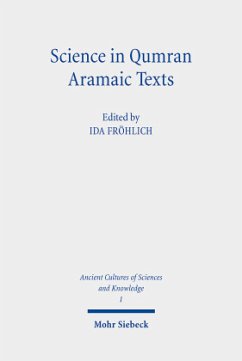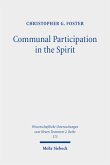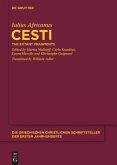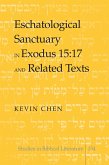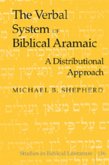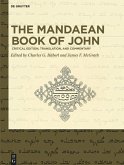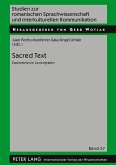Qumran Aramaic texts were not written on the spot. Dated to various times, they represent fragments of biblical books, works related to biblical traditions, and several texts citing biblical passages. The texts contain a number of Mesopotamian elements. By the 7th century BC Mesopotamia had become bilingual, and Aramaic became the mediating language that conveyed cuneiform literature and science to foreign groups living in Mesopotamia and abroad. In the present volume, science is understood as human knowledge about the natural and human world that had been described, systematized, and transmitted. Thus, traditional fields of science are expanded by astrology, magical healing, and others. The contributors show that Qumran Aramaic texts reflect the incorporation and adaptation of Mesopotamian science into the culture of Jewish diaspora communities. They express a new scientific worldview created by these groups as well as their self-definition, and show a new face to the community that preserved them.
Bitte wählen Sie Ihr Anliegen aus.
Rechnungen
Retourenschein anfordern
Bestellstatus
Storno

